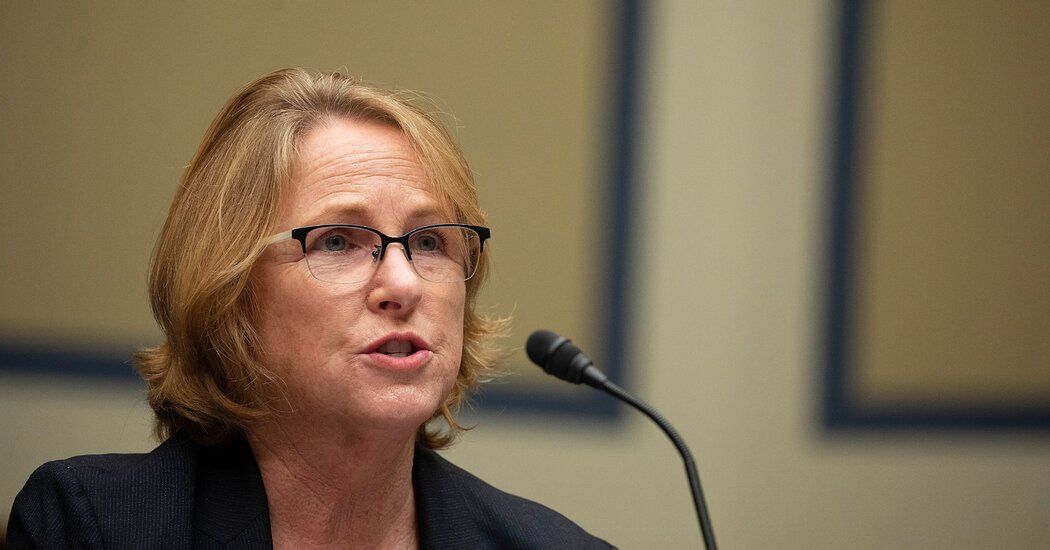A multibillion-dollar federal effort to modernize the Internal Revenue Service has not yet resolved the agency's difficulties answering customer calls, improving identity theft or processing amended tax returns, the agency's watchdog wrote Wednesday. in a report to Congress.
The annual report from the Office of the National Taxpayer Advocate comes as the agency faces a sharp cut in new funding intended to help it solve long-standing problems, including late tax filings and lackluster customer service.
A spending deal in Congress to fund the federal government would recoup about $20 billion of the $80 billion the IRS received from the Inflation Reduction Act of 2022. Republican lawmakers are eager to rescind even more money from the agency, even as it tries to focus its energy on improving customer service and responsiveness to taxpayers.
Despite persistent challenges, National Taxpayer Advocate Erin M. Collins praised the IRS for clearing most of its backlog of unprocessed tax returns and improving its responsiveness.
“Overall, the magnitude of successes outweighed areas of weakness in 2023, with most metrics showing significant improvement from the depths of the pandemic,” Collins said in a statement.
The report, which lays out 10 areas where the IRS needs to improve, described efforts to become more accessible as a “marathon” and said the agency had not been as successful on that front as its officials had suggested.
Although the IRS had said its phone wait times had decreased and that it was answering 85 percent of its calls during the 2023 filing season, the report said those figures were misleading. The watchdog said the “level of service” metric the IRS used excluded many of the calls made to the agency and that for all of fiscal year 2023 it had answered only 29 percent of the calls it received.
The report also noted problems in the way the IRS deploys its staff, saying it was not doing so efficiently. Customer service representatives often worked when call volume was low. As a result, agents were often “just sitting there waiting for the phone to ring” even though callers were regularly unable to reach anyone during busy periods, according to the report.
“The IRS cannot easily switch employees between answering the phone and processing correspondence, so employee unproductive time was the price it had to pay to improve telephone service levels,” Ms. Collins said.
The challenges could be more difficult to address if Republicans succeed in further rescinding the agency's funding.
The Biden administration has argued that a strong tax collection agency is crucial to reducing the “tax gap,” or government revenue that is not collected. The Treasury Department estimates the deficit is more than $600 billion a year and has warned that depriving the IRS of resources is bad for taxpayers.
“I wouldn't want to jeopardize those efforts,” Treasury Secretary Janet L. Yellen told reporters on Monday, referring to the agency's modernization plans, but she expressed optimism that even if some of the funding were withdrawn , efforts to modernize the IRS could improve. still continues.
“In the short term, certainly in the medium term,” he said, “the IRS could continue its important work modernizing our tax system.”










